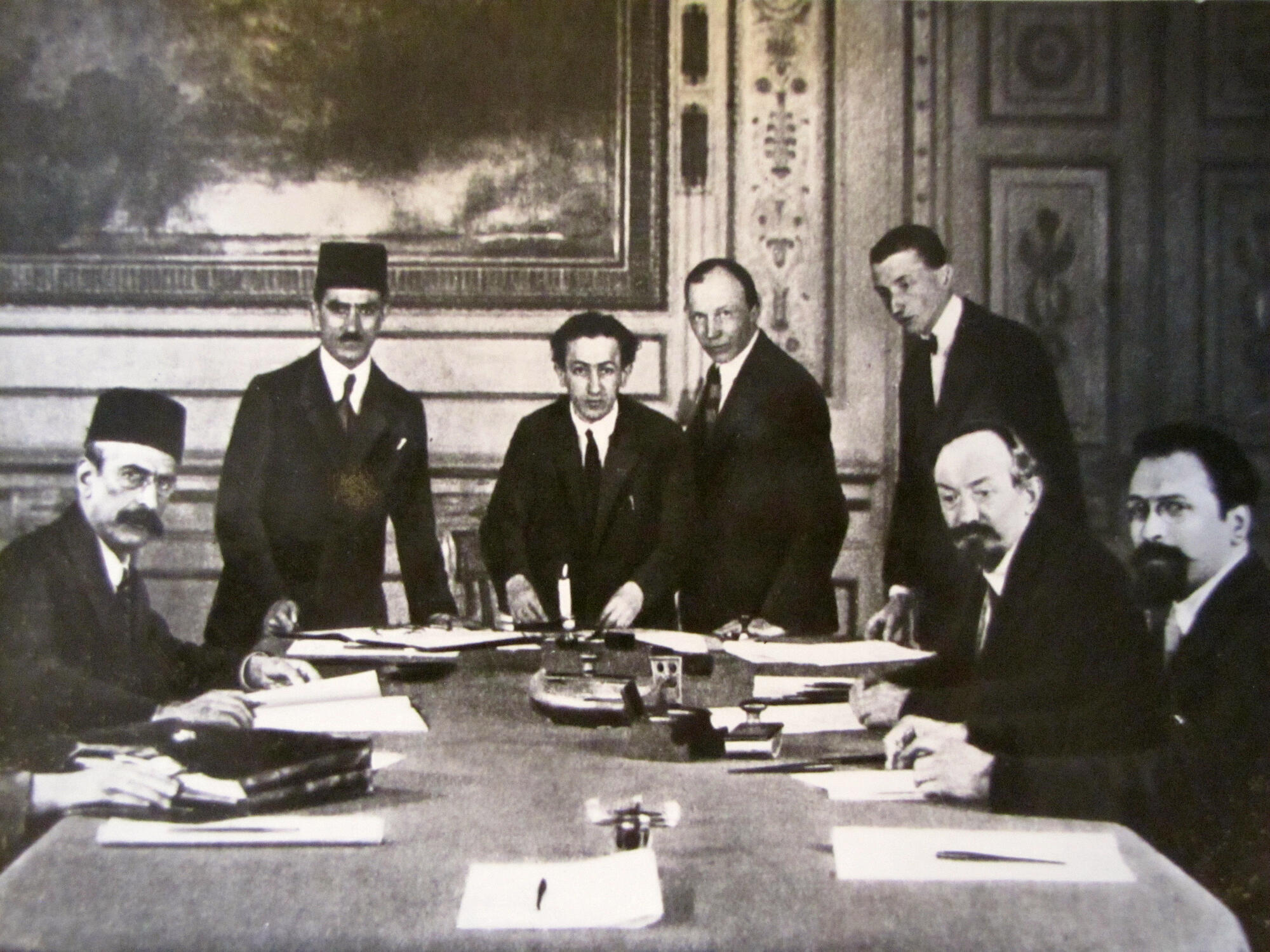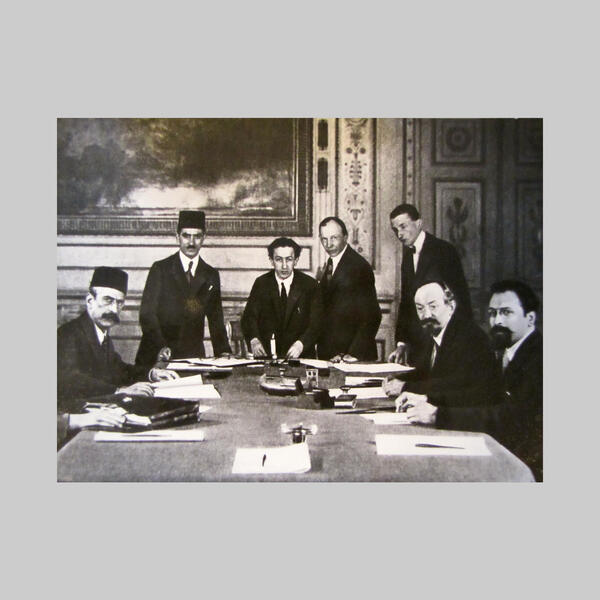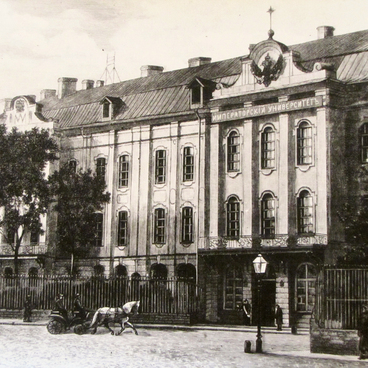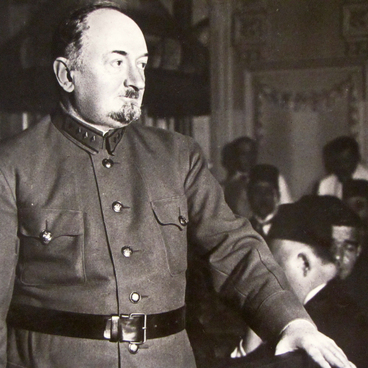In 1918, Georgy Chicherin succeeded Lev Trotsky as People’s Commissar for Foreign Affairs of the RSFSR (later the USSR). In his first year of service, he received not only a unique experience thanks to the signing of the Brest Treaty, but also a flattering description from Vladimir Lenin, the chairman of the Council of People’s Commissars:‘The employee is excellent, conscientious, intelligent, knowledgeable. Such people should be appreciated.’
The events of the spring of 1921were the next major milestone in the career of the nobleman and the revolutionary. In March, at the conference, the Moscow Treaty was signed between representatives of the governments of the RSFSR and the Grand National Assembly of Turkey.
Georgy Chicherin’s talent for diplomacy can be seen by the protocol of the unofficial meeting of the delegation. The opponent held a dialogue with Yusuf Kemal-bey, a lawyer and statesman, as follows: “You are right when you say that you need to put the positive side in first place. No need to continue recriminations. <…> The events that followed changed the situation, and our point of view could also change. <…> Contradictions are a thing of the past. It will only be necessary that these issues be considered in the name of the future and resolved. The most important question is the question of your safety: this is the help that we can offer you - on the one hand, and on the other, there are various controversial issues on which decisions must be taken immediately, and, finally, the question of what legal form our treaty should take.”
It should be noted that at the signing of the document “on friendship and brotherhood”, where the fate of the disputed territories was decided, there were no representatives of the Azerbaijan SSR, the Armenian SSR or the Georgian SSR. But following the results of the official event, the northeastern border of Turkey was determined, which is still relevant.
In addition, Soviet Russia pledged to provide free financial and military assistance. In the 20th century, this was of great importance for the struggle of the Turkish people against foreign invaders. So, 10 million gold rubles were allocated from the imperial reserve. According to archival records, the supply of weapons and ammunition amounted to: 141,173 shells, 44,587 boxes of ammunition, 37,812 rifles, 324 machine guns and 66 heavy guns.
The events of the spring of 1921were the next major milestone in the career of the nobleman and the revolutionary. In March, at the conference, the Moscow Treaty was signed between representatives of the governments of the RSFSR and the Grand National Assembly of Turkey.
Georgy Chicherin’s talent for diplomacy can be seen by the protocol of the unofficial meeting of the delegation. The opponent held a dialogue with Yusuf Kemal-bey, a lawyer and statesman, as follows: “You are right when you say that you need to put the positive side in first place. No need to continue recriminations. <…> The events that followed changed the situation, and our point of view could also change. <…> Contradictions are a thing of the past. It will only be necessary that these issues be considered in the name of the future and resolved. The most important question is the question of your safety: this is the help that we can offer you - on the one hand, and on the other, there are various controversial issues on which decisions must be taken immediately, and, finally, the question of what legal form our treaty should take.”
It should be noted that at the signing of the document “on friendship and brotherhood”, where the fate of the disputed territories was decided, there were no representatives of the Azerbaijan SSR, the Armenian SSR or the Georgian SSR. But following the results of the official event, the northeastern border of Turkey was determined, which is still relevant.
In addition, Soviet Russia pledged to provide free financial and military assistance. In the 20th century, this was of great importance for the struggle of the Turkish people against foreign invaders. So, 10 million gold rubles were allocated from the imperial reserve. According to archival records, the supply of weapons and ammunition amounted to: 141,173 shells, 44,587 boxes of ammunition, 37,812 rifles, 324 machine guns and 66 heavy guns.



